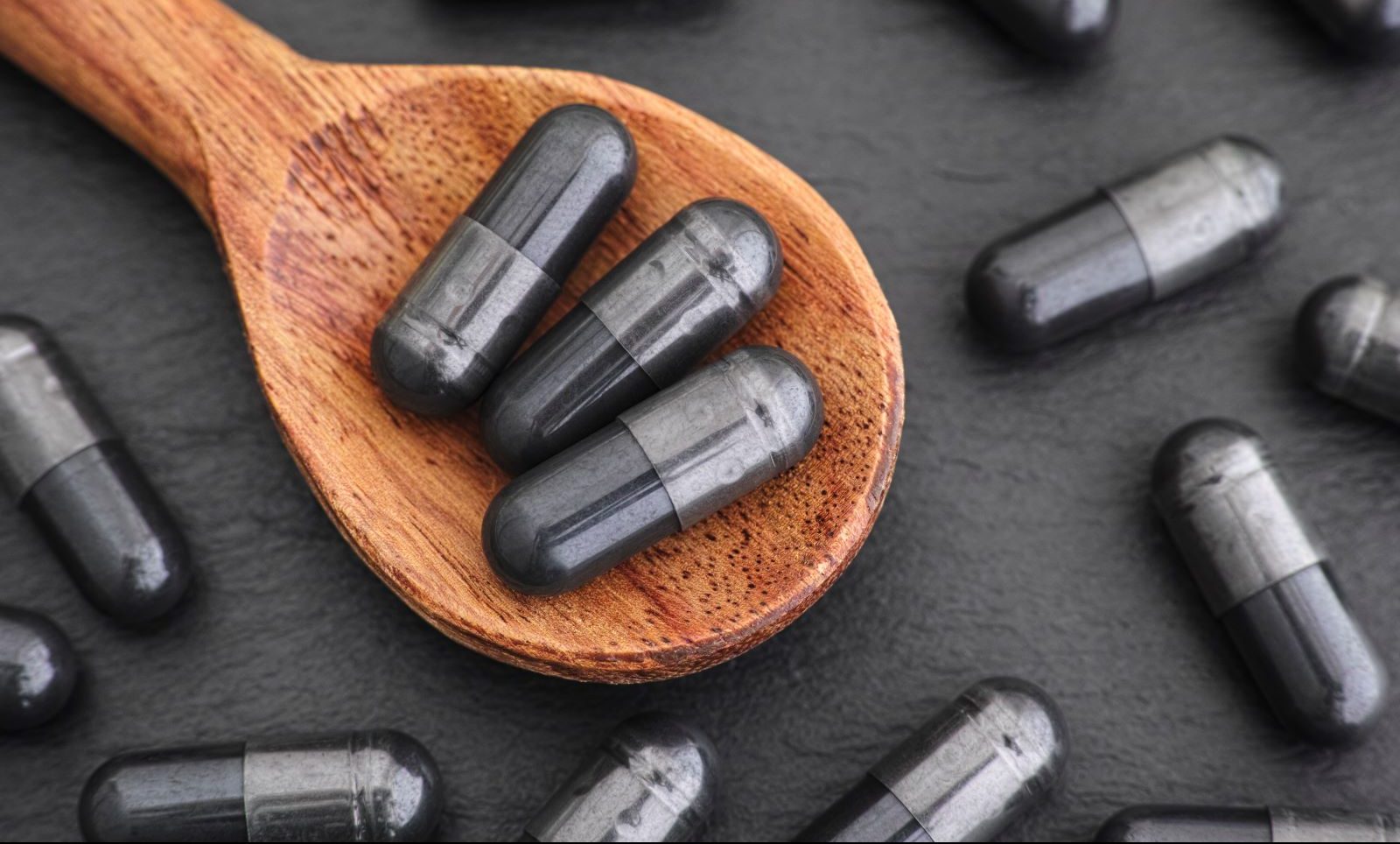Known for its ability to absorb toxins — and for being the key ingredient in that Brita filter you desperately need to replace — activated charcoal is now being advertised, among other uses, to ease digestive issues.
So we asked an internal medicine expert: Can you take charcoal pills for an upset stomach?
“When I’m asked a question like this, I always think, ‘Would I do it? Would I take charcoal or recommend it to my family?’” says Christy Distasio, PA-C, who sees patients at Hartford HealthCare Medical Group Primary Care in Bridgeport. “The answer is no.”
Here’s why.
Charcoal is used for clearing out toxins in serious situations.
There’s a time and a place for activated charcoal. In fact, it’s used in emergency rooms to treat drug overdoses and poisonings. That’s thanks to its ability to trap certain toxins in the gut, stopping them from being absorbed by the body.
But these are extreme situations, and only for certain toxins. (For example, ERs don’t use charcoal for alcohol.) The whole process has to be monitored carefully.
“Never try to treat an overdose or poisoning at home,” says Distasio. “Call 911 or go to an ER immediately.”
Charcoal pills for indigestion is a newer trend, and there isn’t much research.
The health and beauty industry loves a new supplement, and some years ago, charcoal made the list.
Since, a handful of studies have looked at charcoal for indigestion — for example, to reduce gas and bloating, and to treat and prevent diarrhea. There are few study results, though, and many scientists disagree on what it all means.
“There is just not enough research yet on charcoal pills,” says Distasio.
> Want more health news? Text StartHere to 85209 to sign up for text alerts
Here’s why NOT to take charcoal pills for an upset stomach.
First, “the side effects of taking charcoal are nausea, vomiting, constipation and diarrhea,” points out Distasio, “the same symptoms you’re trying to treat.”
Second, we don’t yet know how charcoal might affect the balance of gut bacteria in the body, especially long-term.
Third, like any untested supplement, there’s a chance charcoal pills may interact with other medications you’re taking. Since charcoal’s known for absorption, it may even interfere with how your body absorbs (or doesn’t) medications.
> Related: 6 Reasons Why Your Stomach Hurts After Eating
Instead of charcoal pills, it’s usually best to let stomach issues run their course.
Most short-term stomach issues come from a virus like a stomach bug or the flu, or from eating or drinking something that disagrees with you.
According to Distasio, you don’t want charcoal to interfere with what happens next — or anything else, for that matter. (You should also avoid imodium. Pepto-Bismol, which has a gentler effect, is okay.)
“Your body tries to eliminate the offending agent through vomiting and diarrhea,” says Distasio. “Stay well hydrated and eat a bland diet while your system cures itself.” It may not be pleasant, but it’s what’s healthiest.
Want a cure for stomach issues?
Say it with us: Talk to your healthcare provider.
If your upset stomach is from a common trigger, they can talk you through how to weather it at home. If it’s from something more serious, like a bacterial infection, they can prescribe the care and possibly antibiotics you need.
For all the above, a health expert can recommend a safe, time-tested remedy.
And instead of shopping for charcoal pills, you can focus on replacing that Brita filter.



